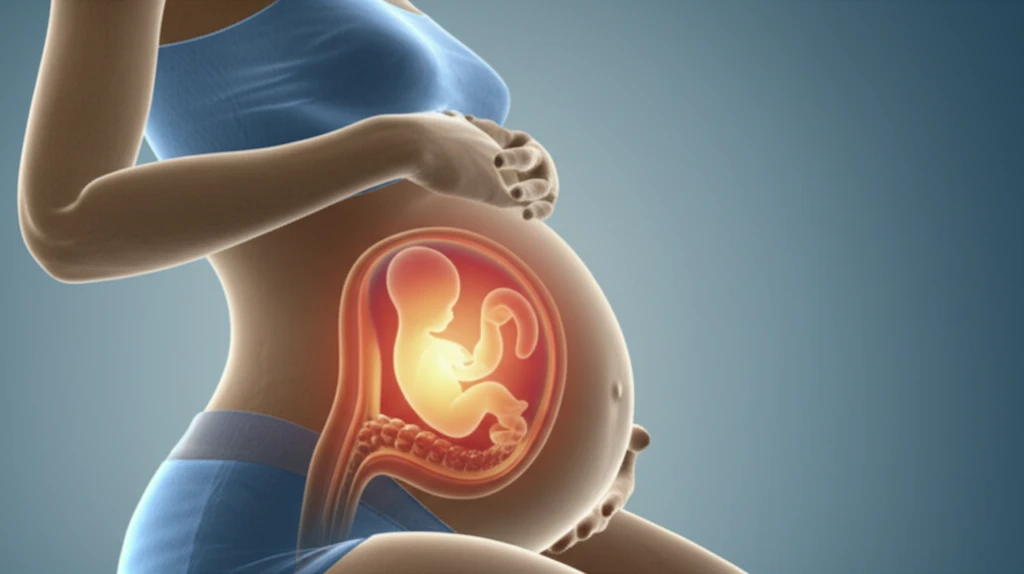
Diabetes During Pregnancy: How It Impacts Your Baby's Oral Health
"Research reveals that maternal diabetes can cause lasting damage to the development of offspring salivary glands."
Diabetes during pregnancy can significantly impact a baby's development, with potential long-term consequences. While much is known about diabetes' effects on various organs, the impact on the developing salivary glands of offspring has been less clear. New research is changing that, revealing how a diabetic environment in the womb can alter the structure and function of a baby's salivary glands.
Salivary glands are essential for oral health and digestion. These glands produce saliva, which is vital for removing bacteria, maintaining pH balance, and breaking down starches. If maternal diabetes impairs salivary gland development, it can lead to a lifetime of oral and digestive health issues for the child.
This article dives into a detailed study on how maternal diabetes affects the submandibular glands (a major salivary gland) in rat offspring. We'll explore the biochemical, histological, and ultrastructural changes observed, translating complex scientific findings into clear, understandable insights for parents and expectant mothers.
How Maternal Diabetes Changes Salivary Gland Development

A study examined the submandibular glands of rat offspring born to diabetic mothers. These offspring were assessed at two and four weeks after birth to identify specific changes. Using quantitative real-time PCR (QRT-PCR), the researchers measured the mRNA levels of various indicators related to gland development, cell growth, and programmed cell death.
- Epidermal Growth Factor (EGF): Reduced, impacting cell growth
- Cytokeratin 5 (CK5): Reduction, affecting epithelial cell progenitors.
- Cytokeratin 7 (CK7) and Aquaporin 5 (AQP5): Reduction, affecting differentiation markers.
- Bcl2: Reduction of this antiapoptotic marker.
- Bax: Increase of this apoptotic marker.
What These Findings Mean for Your Child's Health
This research highlights the critical need for managing diabetes during pregnancy. The study's conclusion emphasizes that maternal diabetes produces degenerative effects on the structure and function of offspring salivary glands. These effects have implications for both oral and digestive health, potentially setting the stage for long-term complications.
Expectant mothers with diabetes should work closely with their healthcare providers to maintain optimal blood sugar control. This proactive approach can minimize the adverse effects on their baby's developing salivary glands and promote better overall health outcomes.
Further research is needed to fully understand the long-term consequences and explore potential interventions. However, these findings provide valuable insights for healthcare professionals and parents, underscoring the importance of early intervention and preventative strategies to safeguard a child's oral and digestive well-being.
